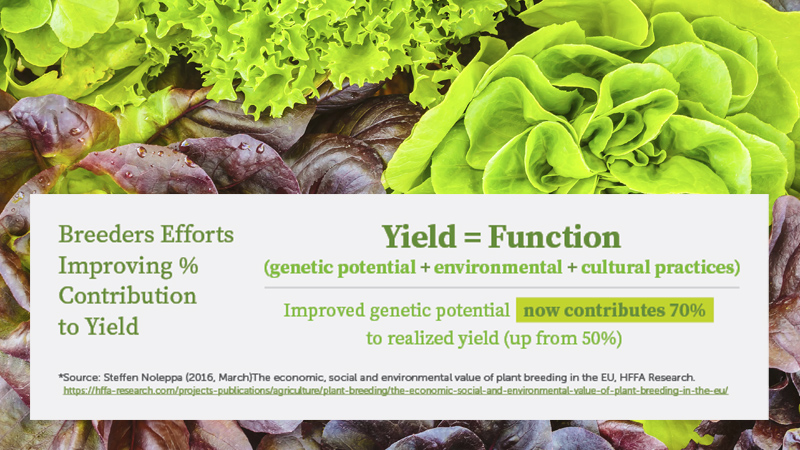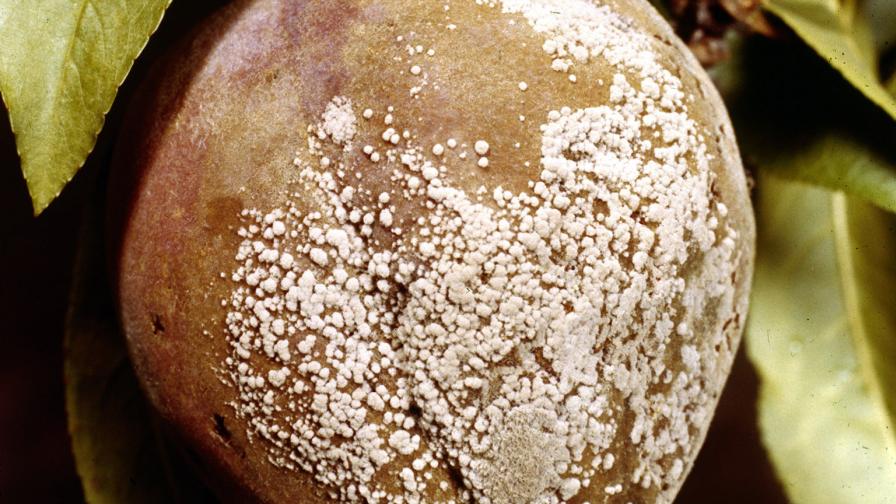Be Willing To Take A ‘Wild Turkey’ Approach To Farm Fixes [Opinion]
 The term “bully pulpit” has been echoing in the halls of Meister Media Worldwide in recent months. It is being bantered about to encourage our editors to take on issues of importance to our readers and chew on them like a dog with a bone.
The term “bully pulpit” has been echoing in the halls of Meister Media Worldwide in recent months. It is being bantered about to encourage our editors to take on issues of importance to our readers and chew on them like a dog with a bone.
As editors, we have a bully pulpit of sorts we can use to call for better farming conditions and to inform you about breakthroughs in production. It is our obligation to use this space as best we can to benefit agriculture.
The discussion among our editors to take on important issues harken back to the days of our own “Wild Turkey.” Gordon Berg was a long-time editor of Meister Media publication Farm Chemicals (now CropLife) from 1961 to 1985.
He was so persistent in his criticism of the EPA during his tenure, the agency nicknamed him the Wild Turkey. He was given the moniker in a front page article in the Washington Post by an agency official annoyed at Berg’s assertion the EPA was making politically motivated decisions. Now that’s bully!
In 2015, we intend to follow in the Wild Turkey’s footprints and step up to the bully pulpit. We’ve identified five major areas of editorial emphasis for the coming year. While we’ve written about these before, the topics can’t be addressed enough, because they will have an impact on your business in 2015.
1. Water: We are being told to expect a significant push for statewide comprehensive water policy next year. The state legislature has leadership in place to make things happen. There is no question the state is facing serious water quantity and quality challenges. Agriculture will be a part of the solution. This month’s cover story is a testament to that. We must insist new water policy is based on sound science, local cooperation, and our urban friends sharing equally in accountability.
2. HLB: Whether we say it out loud or not, we all believe 2015 is going to be a critical junction in the battle with HLB. The industry can ill afford another year with tumbling production like the last two seasons.
A lot of trees have been planted in the past few years. Let’s hope those trees coming into production can help stem the losses.
In addition, 2014 was a momentous year in raising funds to fight the disease, including $125 million secured in the Farm Bill. Flush with cash, researchers are in a head-long race to find solutions to HLB, and they can’t get there quick enough. I love a line from a speech given by Agriculture Commissioner Adam Putnam.
“It is no longer a matter of resources, it is a matter of time,” he said.
3. Reemerging Pests: Vegetable growers are seeing significant pest pressures emerge in fields now that methyl bromide is no longer available. Weeds, nematodes, and soilborne pathogens are raging back. Some growers have reported yield losses as high as 60% due to these reemerging pests. We are going to dig deep to help you find solutions to the real problems left in the void of methyl bromide.
4. Implementing The Food Safety Modernization Act: The final FSMA rules will be known in 2015. Extension personnel tell me they already are getting a lot of “how-to” questions from growers. Things like: How and where do I test my water for microbes? How do I calculate a rolling geometric mean?
We will answer those questions and many more and help you get ready to implement the largest overhaul in food safety regulations in nearly 80 years.
5. Tools For Smaller Growers: The costs associated with agriculture are skyrocketing, making it harder and harder for smaller farms to survive. We will bring you innovative production and marketing ideas you can put to work on your farm to remain viable in a changing and competitive world.
It’s going to be a busy year.










